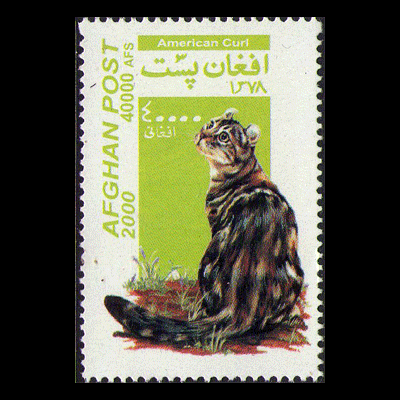Diet and skin disease in dogs and cats
Research on diets and supplements to control skin disease in cats and dogs
source: Tim D.G. Watson
Journal of Nutrition vol 128 no 12, Dec 1998
starts p 2783S, 7 pages long
Skin disease can be linked to diet in dogs and cats, for example if they cannot absorb nutrients in their food due to illness, or because the food has not been stored properly or is poorly formulated. Symptoms linked to nutritional deficiencies can include hair loss and greasy skin, and there may be infections.
Dogs and cats need essential fatty acids such as linoleic acid, and they may also need polyunsaturated acids (PUFA). Some low quality dry food, or poorly stored food may be deficient. The effects of deficiency may occur after two to three months, and food supplements can bring an improvement after three to eight weeks. A mix of fish oil and vegetable oil can help, though it is better to feed a veterinary supplement with zinc, vitamin E and essential fatty acids, or better quality pet food. Supplements can help with other skin conditions, such as flea allergies.
Protein deficiencies are not often found in cats and dogs, though young animals, and those that are nursing or pregnant may suffer such deficiencies. Zinc deficiency can be linked to skin trouble such as hair loss and crusts, which may become infected. High calcium levels in diet may affect zinc absorption, and cheap dry foods based on cereals and soya, can cause problems. Vitamin A deficiency is linked to skin trouble, but cases
are rare, and too much vitamin A is toxic. Vitamin E deficiency can affect cats fed oily fish, and more vitamin E is needed as PUFA intake increases.
Vitamin B deficiency can also be linked to skin problems, and brewers yeast, or other supplements that provide the whole B group can remedy this.
Designing experiments to understand links between diet and skin problems is not easy. The background diet is important, as well as any supplements given. The ratio of (n-6) to (n-3) fatty acids may be important, and restricting protein sources may also be a factor. Marine fish oil does, however, appear to be beneficial for dogs with skin trouble, and the
absolute amount of fish oil appears to be more important than the ratio to other components of diet.
Sensitivity to diet may be linked to skin disease, but this is rare, and skin disease tends to have a number of causes. Elimination diets fed for a minimum three weeks can be used to test for sensitivity to certain foods. The animal is first fed a diet that excludes foods it has already eaten, and is then fed ingredients from its former diet to see if a reaction occurs. Dairy and beef proteins, eggs, gluten and lactose may all trigger allergic responses in some animals. Home-prepared elimination diets may be better than commercial food, when diagnosing food allergies.
CA,HD



